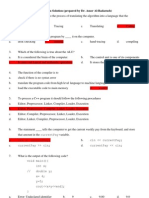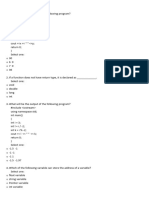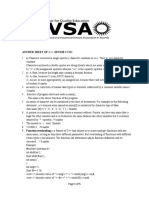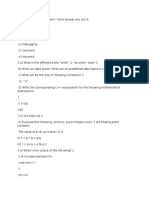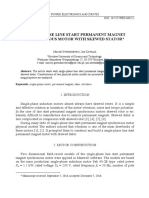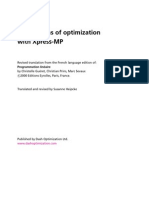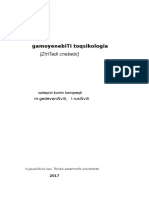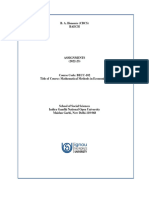0% found this document useful (0 votes)
29 views20 pagesRevision 2
The document contains a series of programming questions and code snippets related to C++. It covers topics such as output predictions, code corrections, and understanding of control structures and functions. The questions are designed to test knowledge of C++ syntax, logic, and debugging skills.
Uploaded by
Mohamed FirganyCopyright
© © All Rights Reserved
We take content rights seriously. If you suspect this is your content, claim it here.
Available Formats
Download as PDF, TXT or read online on Scribd
0% found this document useful (0 votes)
29 views20 pagesRevision 2
The document contains a series of programming questions and code snippets related to C++. It covers topics such as output predictions, code corrections, and understanding of control structures and functions. The questions are designed to test knowledge of C++ syntax, logic, and debugging skills.
Uploaded by
Mohamed FirganyCopyright
© © All Rights Reserved
We take content rights seriously. If you suspect this is your content, claim it here.
Available Formats
Download as PDF, TXT or read online on Scribd
/ 20








